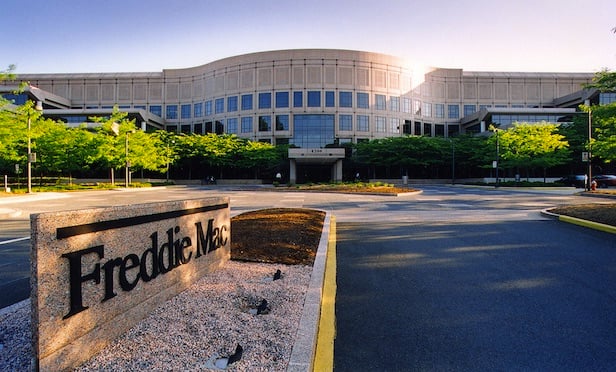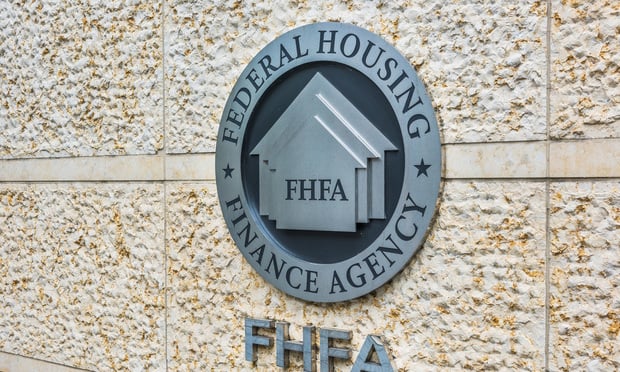
WASHINGTON, DC–Last week the Trump Administration announced it plans to raise tariffs on steel by 25% and on aluminum by 10%. Further details are expected to follow within the next several days but the ramifications of this move are already clear: simple economics tell us that the price of both imported and domestic steel and aluminum will increase. For the commercial real estate industry, that means higher construction costs.
Any tariffs on aluminum and, especially, steel are likely to be damaging to construction in multiple ways, Associated General Contractors of America Chief Economist Ken Simonson, tells GlobeSt.com. AGC is waiting to see the details of the tariff rates, duration, and geographical and product extent, he says, but some scenarios are already clear. Rising prices of these metals means that contractors who have already signed a fixed-price contract for a project but not bought metal products will see their profits reduced or entirely eliminated.
That, in turn, will cause public owners, which generally have fixed budgets, to reduce the number or scope of projects they put out to bid, whether schools, highways and bridges or other infrastructure. “Some private projects will be canceled as construction cost increases make them uneconomic,” Simonson says.
It is difficult to overstate the use of steel in construction, Simonson adds. “For instance, wire mesh is used in highway concrete, while steel plate and wire for cables go into bridges. Buildings use large amounts of structural steel for piles and beams, rebar for reinforcing concrete, and other types for staircases, studs for interior walls, and hardware. Pipelines are essentially all steel, and other infrastructure uses a variety of steel for rails and signaling systems; airport runways, control towers and terminals; harbor wharves and seawalls; and many other uses.”
Likewise for aluminum, which is used in all types of buildings for window frames and curtain walls, siding and other architectural elements, he concluded.
How severe the price impact will be remains to be seen. The details of the plan have not been released although a worried industry was somewhat mollified by Trump Administration officials that made the rounds of Sunday talk television.
Peter Navarro, director of the White House National Trade Council, for example, told CNN that some businesses may be granted exemptions. “There will be an exemption procedure for particular cases where we need to have exemptions, so that business can move forward,” he said.
But some companies are not waiting for the final release of the plan to make decisions, or at least they are holding off on making certain decisions. Shortly after the Trump Administration announced it would impose these tariffs Swedish home appliance manufacturer Electrolux AB announced it would suspect its $250 million expansion of an existing plan in Springfield, Tenn, according to a Reuters report. It will wait to see what the final shape of the tariffs will look like before it moves forward.
Want to continue reading?
Become a Free ALM Digital Reader.
Once you are an ALM Digital Member, you’ll receive:
- Breaking commercial real estate news and analysis, on-site and via our newsletters and custom alerts
- Educational webcasts, white papers, and ebooks from industry thought leaders
- Critical coverage of the property casualty insurance and financial advisory markets on our other ALM sites, PropertyCasualty360 and ThinkAdvisor
Already have an account? Sign In Now
*May exclude premium content© 2025 ALM Global, LLC, All Rights Reserved. Request academic re-use from www.copyright.com. All other uses, submit a request to [email protected]. For more information visit Asset & Logo Licensing.








